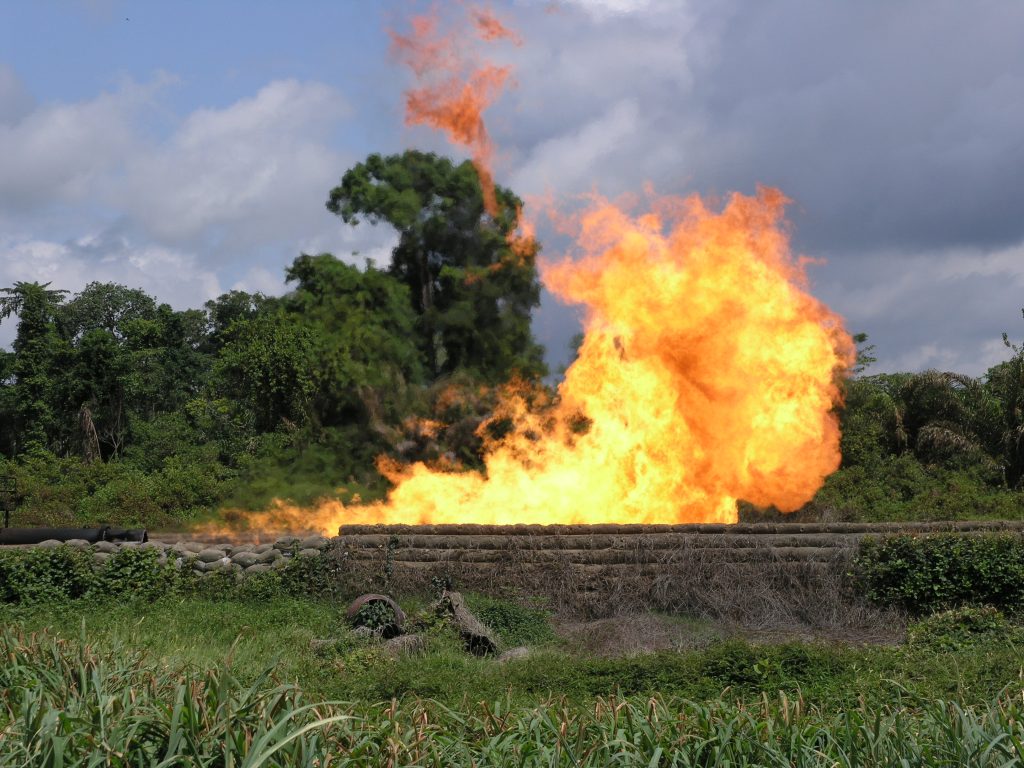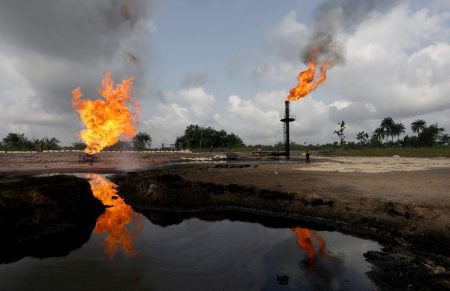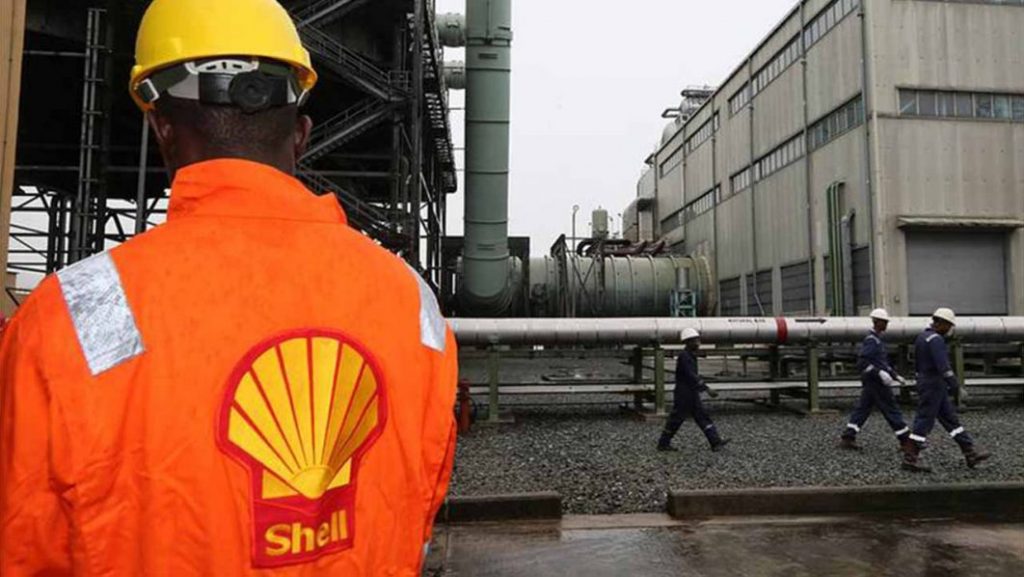
Princewill Demian
27 January 2018, Sweetcrude, Abuja – The Nigeria Gas Association (NGA) has lamented the unavailability of gas which has hindered power generation immensely since the beginning of the year, leading to the country losing about 1,500 megawatts (MW) of power every day since the beginning of 2018.
Recall the sudden shutdown of six Power Generation Companies (Gencos) within the first week of the new year as a result of a fire incident on the gas supply pipeline channelling gas to the affected Gencos.
The fire incident caused a national grid failure recorded on January 2nd, 2018. Although the fire incident has been handled and normalcy restored, the country’s generation figures have still not sufficiently risen to the range of what was experienced during December 2017.
This downward trend has led to the loss of over 1,500 megawatts of electricity on a daily basis since January 2018.
Gas-fired power plants contribute about 70 percent of Nigeria’s total electricity on the national grid. But the latest industry data showed that the thermal plants had been facing gas supply challenges lately.
Speaking on the issue, the Executive Secretary, Association of Power Generation Companies, Mrs. Joy Ogaji, said gas suppliers should be held accountable for preventing the generation of over 1,500MW of electricity on a daily basis since the beginning of the year.
NGA made it known that the supply challenges was due to the power generation companies unwillingness in accepting enough gas due to their indebtedness to suppliers.
Findings from the National Control Centre and the Nigeria System Operator, which are arms of the Transmission Company of Nigeria (TCN), showed that the drop in power generation as a result of gas constraint since the beginning of this month was in contrast to what obtained in December 2017.
Speaking on behalf of gas producers, the President of NGA, Mr. Dada Thomas, said, “When you talk to specific operators, they will tell you that it is the Gencos that are not taking the gas. I’ll give you a good example, in my own operation, we have installed 200 million standard cubic feet of gas supply capability for more than five years.
“But guess what, the off-takers have only taken on average 30 to 40 percent of that capacity. So, if you say to me that I am the cause of the constraint to power generation, you are definitely telling a lie. That is a complete distortion of the fact.”
According to Thomas, “We have 13,000MW of generation capacity installed in Nigeria, while the technically available capacity is about 7,000MW to 8,000MW. If they (Gencos) blame their inability to meet the technical capacity on gas supply, I’m saying that it is not factually true.
“I’ve given you an example that in my own operation I can give Calabar power plant all the gas it wants today, but they never take it and they haven’t been taking it for four years. I can give Ibom Power all the gas it wants but they’ve never taken it; they’ve never taken their full capacity. I’ve spoken to other gas suppliers who are in the same situation where the gas off-takers, the Gencos are not taking the full amount of gas that they ought to take.
“There is certainly enough gas to power the technical generation capacity of 7,000MW, but the Gencos won’t take it. So, how can you say gas constraint when we have a lot of evidence that the gas suppliers are ready to supply?. The generating companies are not taking the gas and even the gas that they are taking they are not paying for it,” he added.
An analysis of the TCN’s report shows a recorded peak (since 2018) of 4,932.7MW on January 8, 2018, but this was not sustained, as it crashed to 2,800.7MW the next day.



